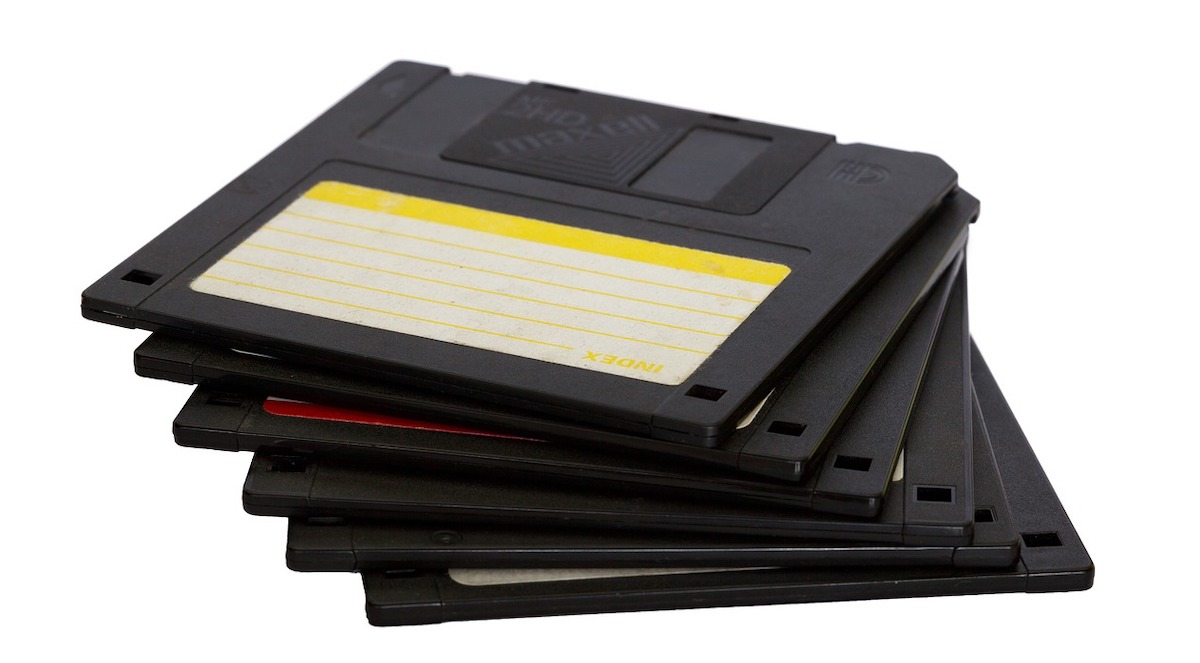Japan’s Ministry of Economy, Trade, and Industry (METI) recently announced that they will stop relying on floppy disks. In a big amendment to their regulations, released on January 22, 2024, they will phase out the mandatory use of floppy disks. This decision follows Japan’s ongoing efforts to modernize its digital infrastructure (source: IT Media News).
For those who don’t remember, floppy disks were popular for storing and transferring computer files in the 1980s and 1990s. By today’s standards, they hold very little data and were replaced by memory sticks and cloud storage. The gradual decline in the use of floppy disks within the business sector and the end of production has led to a significant overhaul of regulatory frameworks.
In 2022, the Digital Agency recognized the importance of modernization and advocated ending floppy disk usage in administrative processes. Yet, this switch has not occurred only in Japan. For example, the US government’s atomic weapons system only started moving away from floppies in 2019 (source: New York Times).
One of the main reasons behind these amendments is the shift in what is required in record-keeping media. The regulations have evolved from specifying tangible media types such as floppy disks (FD) and CD-ROMs to a broader, more encompassing term: “electromagnetic recording media.” This change allows modern digital solutions, such as cloud services, to also be used.

This modernization initiative responds to the Digital Agency’s comprehensive strategy to revise regulations under “Digital Principles.” These principles aim to transition government procedures to more efficient digital systems. Previous regulations, which mandated using specific media types for submissions and notifications, made it more difficult to digitalize administrative processes.
In a proactive move towards a digital society, METI has amended provisions in 34 ministerial ordinances that previously mandated the use of physical media. This allows METI to abandon old-fashioned requirements and embrace technology-driven solutions.
The scope of this amendment extends to the revision of key legislation. For example, the “Mining Act” and the “Act on Ensuring the Safety of Regulating the Business of Liquefied Petroleum Gases” were updated. This allows for information to be displayed on websites and in digital notifications instead of relying on the use of physical signs.
Revising these regulations is a major step in Japan’s approach to digital transformation. Now, the government is able to phase out references to outdated media and encourage the adoption of various digital tools. This will allow them to streamline and modernize their administrative functions in line with the digital era.
The list of amended ministerial ordinances can be found below:






